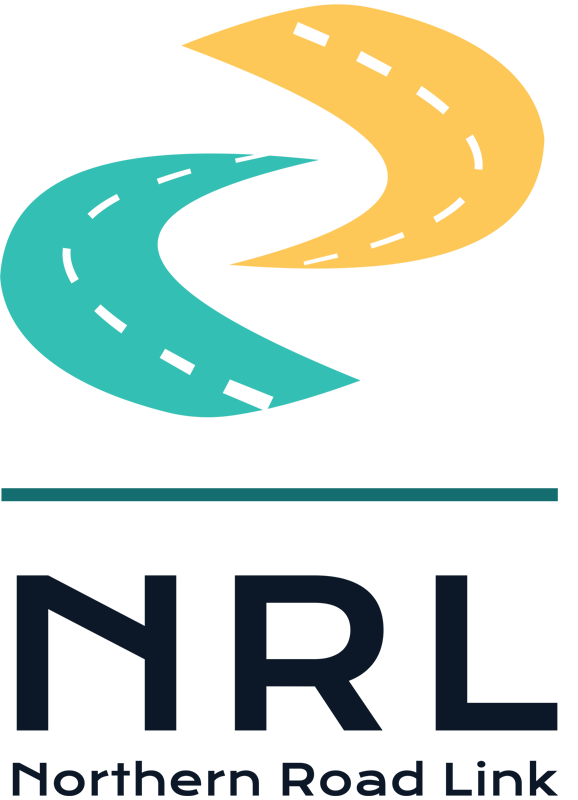Indigenous Knowledge Program Overview

The Indigenous Knowledge Program is a critical component of the information base upon which the assessment will be conducted. The information generated through the Indigenous Knowledge Program will be used in concert with scientific approaches, and both knowledge systems will form the foundation for baseline conditions, predicting potential project impacts, including potential impacts to the identified communities’ inherent Indigenous rights and interests, and determining appropriate mitigation and monitoring methods. We see this as a way to empower our communities to build capacity to develop and share knowledge and to inform the assessment.
Indigenous Knowledge and Western Science Integration
As an example of our approach, this figure illustrates how Indigenous Knowledge and western science will work together to develop an understanding of baseline (existing) conditions for Fish and Fish Habitat, as one of the Valued Components (VCs) to be applied in the assessment. The understanding that we strive to achieve through this approach is based on Indigenous long-term relationships to, and understanding of, fisheries resources (e.g. harvest calendars), interwoven with western scientific methods to holistically understand Fish and Fish Habitat in their full environmental and cultural contexts.

Sharing Indigenous Knowledge and Information on Indigenous Land and Resource Use
The Indigenous Knowledge Program for the Northern Road Link Project will occur in two phases:
- Collecting existing Indigenous Knowledge and information on Indigenous Land and Resource Use to help inform the early stages of the assessments; and,
- Completing project-specific Indigenous Knowledge and Lands and Resource Use studies.
Contact Information
For further information on the Indigenous Knowledge Program or to share information please contact:
